Mohib Mirza is not just a gifted actor; he is a voice of reason in a society that often stigmatizes divorce and staying in toxic relationships.
Over the years, Mohib has proven his versatility on screen, delivering powerful performances that leave a lasting impact.
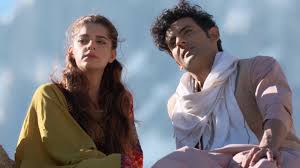
His portrayal of Hassan in Hum TV’s drama series Jafaa is yet another testament to his exceptional talent. In this role, he embodies a deeply troubled individual whose traumatic past has led him into a toxic marriage, making his character both relatable and poignant.
In Jafaa, Mohib Mirza plays Hassan, a man who is grappling with the demons of his past.
His turbulent relationship with his wife Zara, portrayed by Mawra Hocane, is a reflection of the toxic dynamics that often plague marriages where unresolved trauma festers.

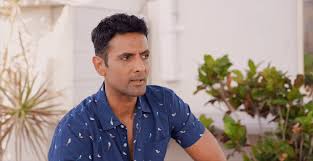
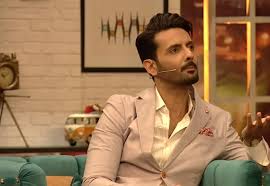
Hassan’s character, with all his flaws and struggles, serves as a mirror to many individuals in society who find themselves trapped in similar situations.
The narrative of Jafaa is not just about entertainment; it’s a social commentary on the importance of mental health and the consequences of ignoring it.
In a recent interview with BBC Urdu, Mohib Mirza delved into the layers of Hassan’s character and what it represents.
He pointed out that trauma is a universal experience nearly everyone carries some form of it, and it shapes who we become.



The way Hassan navigates his life, constantly battling his inner turmoil, resonates with many viewers who see their struggles reflected in his story.
Mohib highlighted that the show aimed to make viewers understand the importance of recognizing when one needs help, particularly in the form of therapy.
The discussions among the audience about Hassan needing professional help are exactly the conversations the creators hoped to spark.

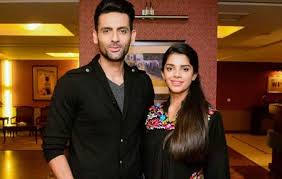

What makes Mohib Mirza’s perspective particularly compelling is his personal experience. Having gone through a divorce himself, Mohib understands the complexities of relationships, especially when they turn toxic.
His journey from heartbreak to finding love again has been public, and he has always been candid about the importance of moving on.
In his interview, he emphasized that staying in a toxic marriage does more harm than good, not just to the individuals involved but also to any children or extended family who might be affected.
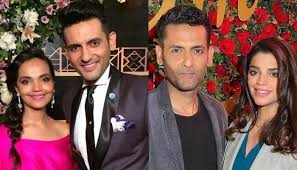
He stressed that there should be no societal pressure to remain in a relationship that is damaging to one’s well-being.
Mohib’s advocacy for ending toxic marriages is a bold stance in a culture where divorce is often seen as a failure rather than a necessary step toward self-preservation and happiness.
His message is clear: no one should feel obligated to stay in a harmful situation. Life is too short to spend it entangled in negativity, and it is crucial to prioritize one’s mental and emotional health.
This perspective is particularly relevant in the context of Hassan’s character in Jafaa.
The show serves as a narrative vehicle for Mohib’s message, illustrating the dangers of staying in a toxic relationship and the importance of seeking help.
It encourages viewers to look beyond the stigma associated with therapy and divorce and to consider their well-being above all else.
Mohib Mirza’s voice adds weight to an important conversation that needs to be had in every society. His ability to use his platform to advocate for mental health and healthy relationships makes him not just an actor but a role model for those struggling with similar issues.
By sharing his own experiences and drawing parallels with his on-screen character, Mohib offers a beacon of hope to those who might feel trapped in their circumstances.
He reminds us all that it’s okay to walk away from something that no longer serves us, and in doing so, he empowers others to take control of their own lives.